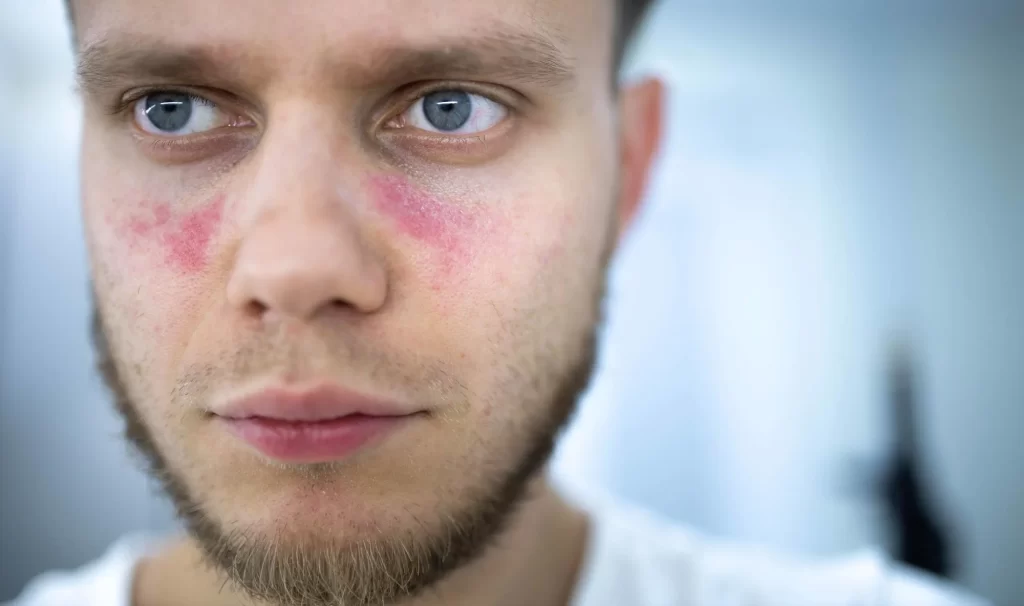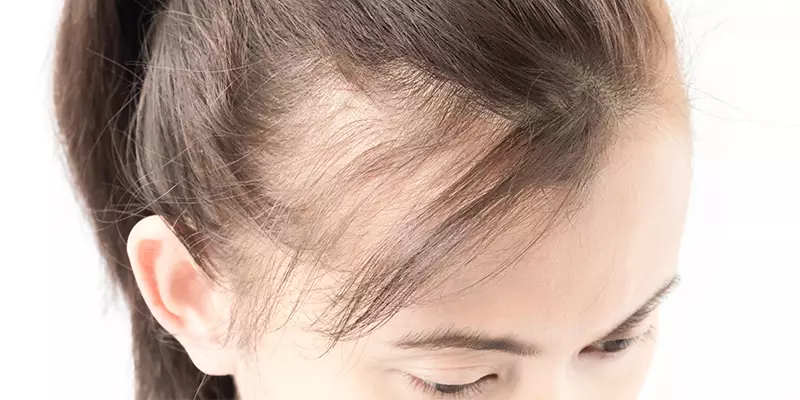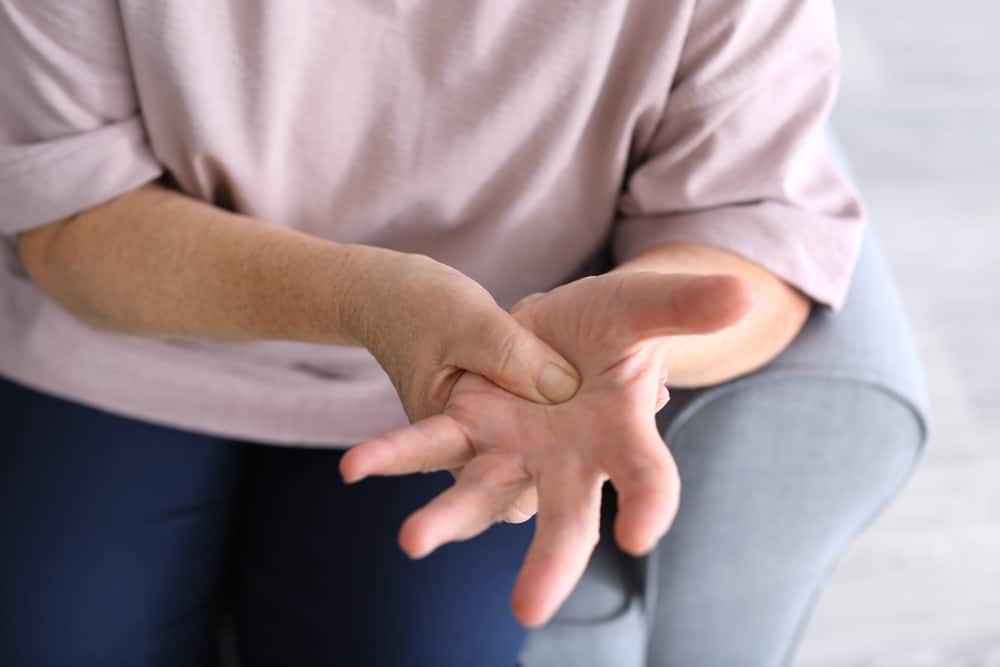Lupus rarely manifests in the joints alone. However, as it often (amongst other symptoms) affects the joints, it is included under the “arthritis” umbrella.
The two types of lupus
Both lupus types are caused by an auto-immune disease – where the immune system attacks some of the body’s tissues. Medical research is trying to determine the reason this malfunction occurs.
- Discoid Lupus – affects the skin only, causing round rashes anywhere on the body, but mostly on the scalp, neck, hands, and feet. Unprotected exposure to the sun aggravates the condition, that can lead to permanent scarring and even skin cancer.
- Systemic Lupus (Systemic Lupus Erythematosus – SLE) – affects skin, joints and, in some cases, internal organs.
Lupus affects young women far more than men (over 90%) and is rare in women over 50. It far more common in black women in Europe and America, and among Chinese and Asian women. The disease is not common in Africa.
What causes lupus?
There is no clear-cut answer to this, as so little is known about the causes of auto-immune disease. Certain factors do seem to have a bearing though: genetics, the balance of hormones in the body and previous infections. It is not hereditary.
With auto-immune disease, the immune system cannot distinguish between the body’s own tissue and harmful alien viruses and bacteria. One of the results of this that proteins called antibodies are formed. Because the body is attacking itself, these are also known as autoantibodies. They bind to various tissue in the body and, in severe forms of lupus, can cause damage to organs – kidneys, heart, lungs, skin and brain.
How lupus affects different parts of the body

The skin
The development of rashes on parts of the skin mostly exposed to the sun is common but can appear on areas not exposed. Poor circulation can cause the hands to change colour in cold weather – white, blue then red – and can cause tingling, numbness, or pain. This is known as Raynaud’s phenomenon. Anxiety or stress can also cause an attack. Sometimes this reaction is felt in the feet too.
Raynaud’s phenomenon is not always a symptom of Lupus and can be a stand-alone (primary) condition.
When it is part of Systemic Lupus or Scleroderma it is known as secondary Raynaud’s phenomenon.

Alopecia (loss of hair) is a common symptom of Lupus. In most cases, the hair loss is minor and grows back fairly quickly. Occasionally it can become more serious.
The joints
Unlike Rheumatoid Arthritis (also an auto-immune disease), lupus doesn’t usually cause destruction and deformity in the joints. However, pain, swelling and stiffness are frequently experienced. It is mainly the smaller joints that feel the inflammation and pain (wrists, fingers, knees, ankles, and toes). The intensity varies according to the flare up and doesn’t necessarily affect the same joints every time.
The kidneys
Up to a third of people with Lupus will develop some inflammation of the kidneys. Unless the disease is very severe, this inflammation does not usually cause problems. The doctor can test the urine for evidence of protein or blood.
Blood pressure
Kidney inflammation and steroid medication in high doses can cause an increase in blood pressure, resulting in headaches and fatigue. High blood pressure (hypertension) can be dangerous, and it is wise to monitor it and, when necessary, to take scripted medication to control it.

- Migraine headaches are experienced by one in three people with Lupus. These can be debilitating and aggravate inflammation in the joints.
- Fatigue and depression are common with Lupus. Either because of the disease itself, or because of the emotional drain – dealing with chronic symptoms and having to come to terms with the condition.
- Occasionally Lupus may affect the heart and lungs directly, but mostly it inflames the lining tissue around these organs, that causes pericarditis (heart) and pleurisy (lungs).
- Rarely does Lupus affect the stomach, liver, or spleen
- It may affect the bone marrow or reduce the number of platelets in the blood (helps the blood to clot) or white blood cells (fight infection).
- It may occasionally cause swelling in the lymph glands, causing discomfort.
- Sometimes clots will develop in the veins and arteries.
How is Lupus treated?
Lupus cannot be cured but it can be controlled.
For some people with Lupus, it is a nuisance more than anything. However, for others, it is more severe and does harm to the physical, mental an emotional well-being of the patient.
Early detection of the disease helps to control it effectively. Although lifestyle adjustment may have to be made, Lupus should not become life-threatening.
Regular tests with the doctor are very important, to ensure that the condition doesn’t become worse.
How to cope with lupus

- Stay out of the sun as much as possible. Use factor 30+ sunblock. Wear a hat and long sleeves.
- Avoid infections (even a simple cold can cause problems).
- Diet – evidence is very limited on this. People with Lupus have an increased risk of heart attacks and, therefore, it is wise to avoid high fat, high sugar foods. A well-balanced diet, with whole grains, fruit and vegetables and lean proteins seems (as always) to be the prudent way of eating.
- Limit alcohol – it is high in sugar and can aggravate depression
- Exercise – not only does regular exercise keep all the body’s systems in an efficient state, it also alleviates depression. The joints need to move to ensure optimum use of nutrients and to retain elasticity of the tendons.
- Speak to your health practitioner about your symptoms and how you are coping mentally and emotionally.
- If depression is becoming a concerning issue, consult with a therapist to help you to cope.



